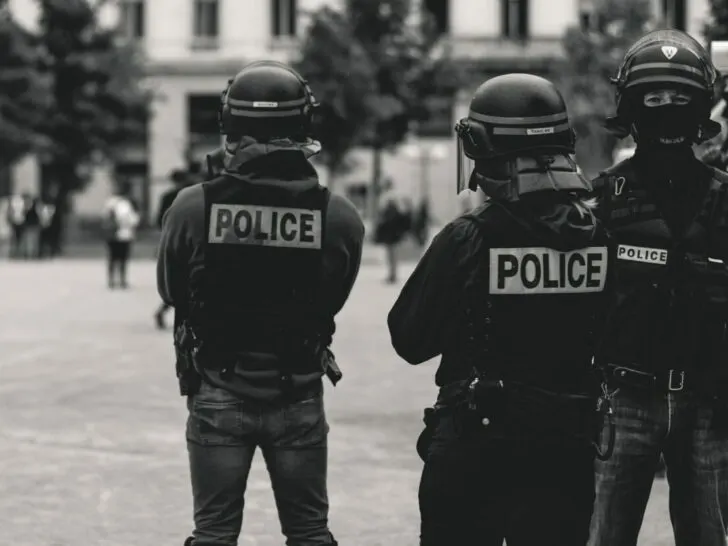If you are interested in a career in law enforcement, then you may want to learn about the differences as well as the similarities between a peace officer and a police officer. It’s quite common for people to comprehend what a police officer is and what they do. However, it isn’t as common for a peace officer. People think that a peace officer isn’t exactly a police officer. However, it isn’t true.
A peace officer is one of the jobs in law enforcement. What it means is that in this position, you will carry a badge, have the authority to arrest, and can also carry a firearm.
Other positions like a police officer, a deputy sheriff, and all the special agents have similarities to being a peace officer. Basically, a police officer can be a peace officer, but not all peace officers can be police officers. One thing that peace officers and police officers share is that both have the power to make arrests statewide regardless of their usual jurisdiction.
Moreover, there is a term “Sworn”, in general, it means sworn as a peace officer. Federal law enforcement ranks get their power from federal law, although several federal law enforcement ranks are recognized as peace officers, which is under the state law that provides the authority to the enforcement state as well as the local laws.
The major difference between a peace officer and a police officer is that a police officer is a member of the police force, while a peace officer doesn’t have to be a member of the police force.
Keep reading to know more.
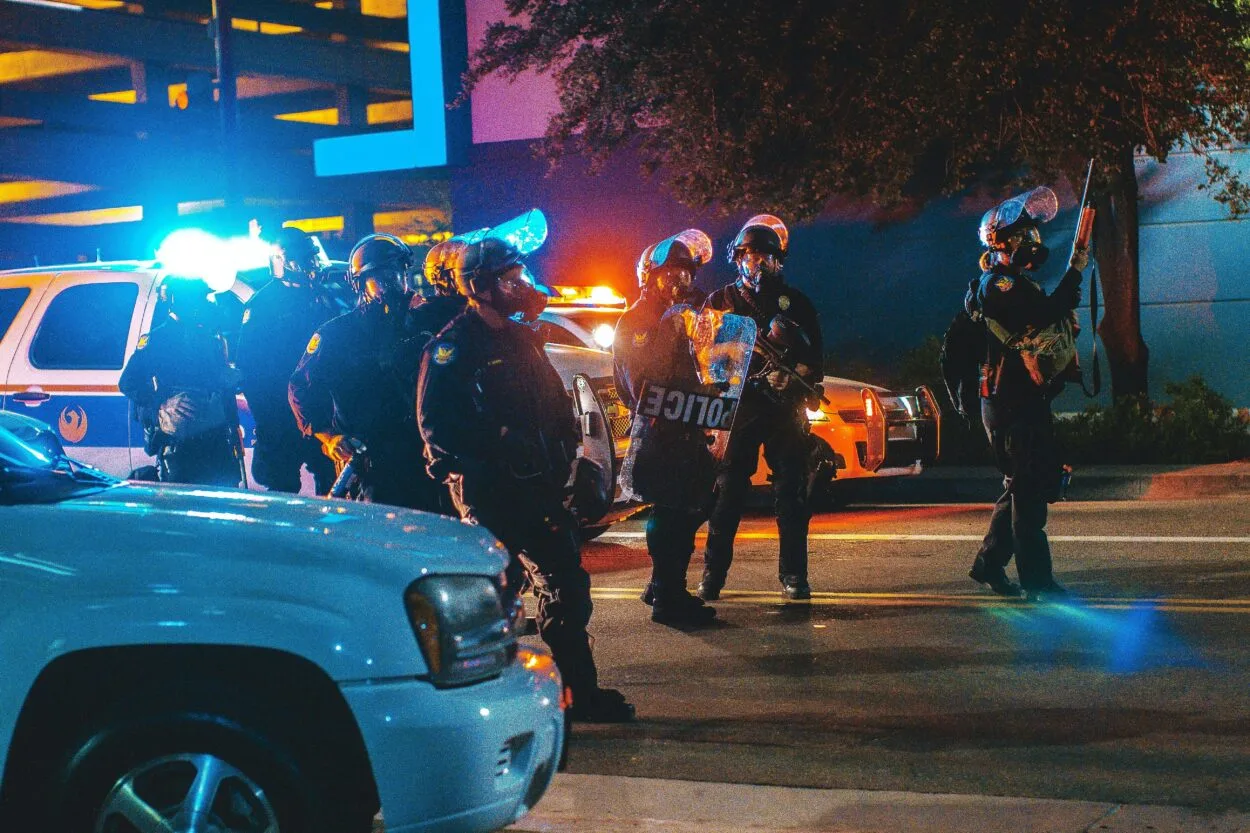
Comparing Peace Officers and Police Officers: Key Differences Explained
Law enforcement includes:
- campaign disclosure specialists
- police officers
- state troopers
- prosecutors
- special police officers
- municipal law enforcement officers
- customs officers
- special agents
- special investigators
- coast guards
- border patrol officer
- secret agents
- immigration officers
- probation officers
- sworn campus police officers
- court officers
- parole officer
- arson investigator
- game wardens
- sheriffs
- auxiliary officer
- constable
- marshals
- deputies
- correction officer
- detention officer
- public safety officers,
Every one of them is a law enforcement officer, but not a peace officer. Security guards, on the other hand, are civilians and not law enforcement officers. However, often, they are given powers to enforce certain laws.
Here is a table for some small differences between a peace officer and a police officer.
| Peace Officer | Police Officer |
| Not every peace officer can be a police officer | a police officer can be a peace officer |
| The duties of a peace officer are very limited | The duties of a police officer varies |
What is a peace officer?
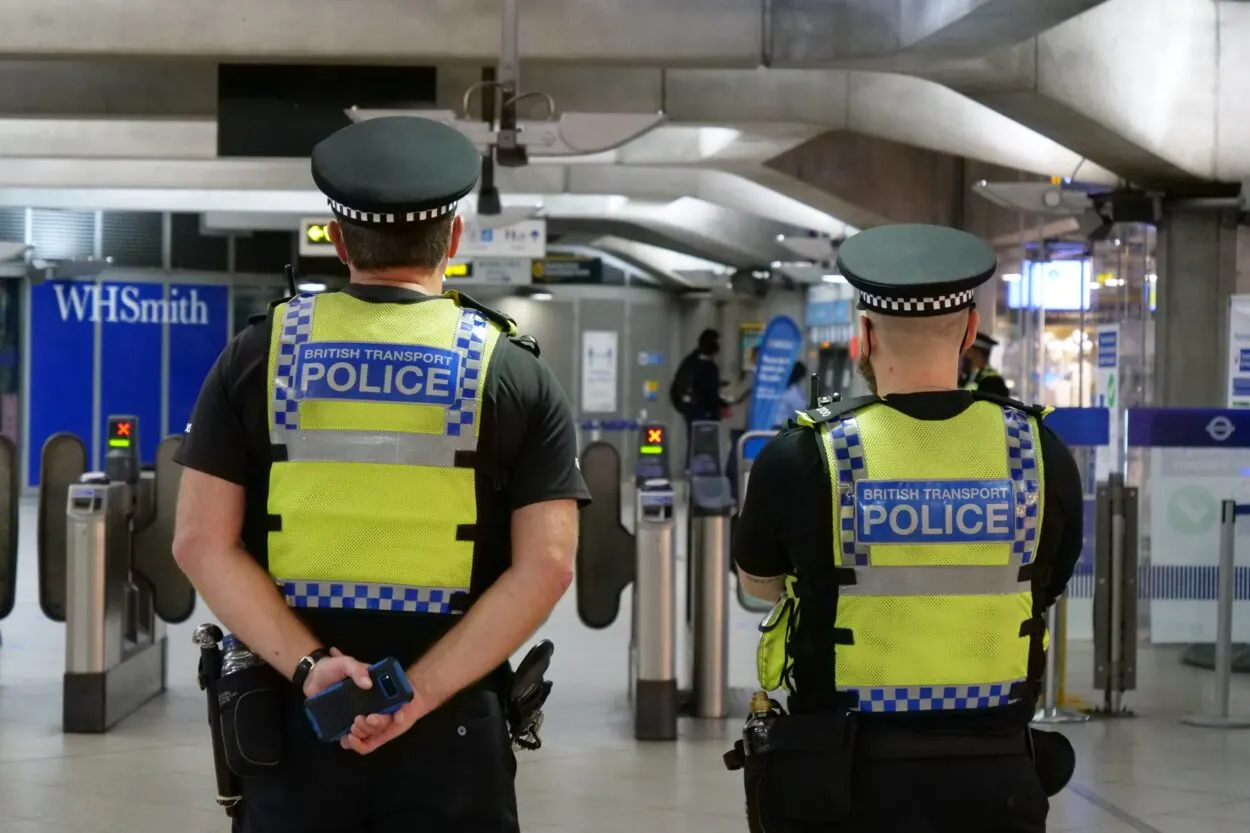
A law enforcement officer is, in North American English, called a peace officer. A peace officer is a public-sector employee, their duties mostly involve the enforcement of all the law.
Modern legal codes have been made using the term peace officer in order to add every person who is vested by the legislating state with the authority of law enforcement. Moreover, peace officers can also perform all the duties which can a law enforcement officer performs, however, they may or may not carry weapons.
In other words, a peace officer is described as an additional status that is given to certain employees in certain titles, for instance, Security Services Assistant. It’s up to the campus where they want to give an employee a peace officer authority.
What is the job of a police officer?
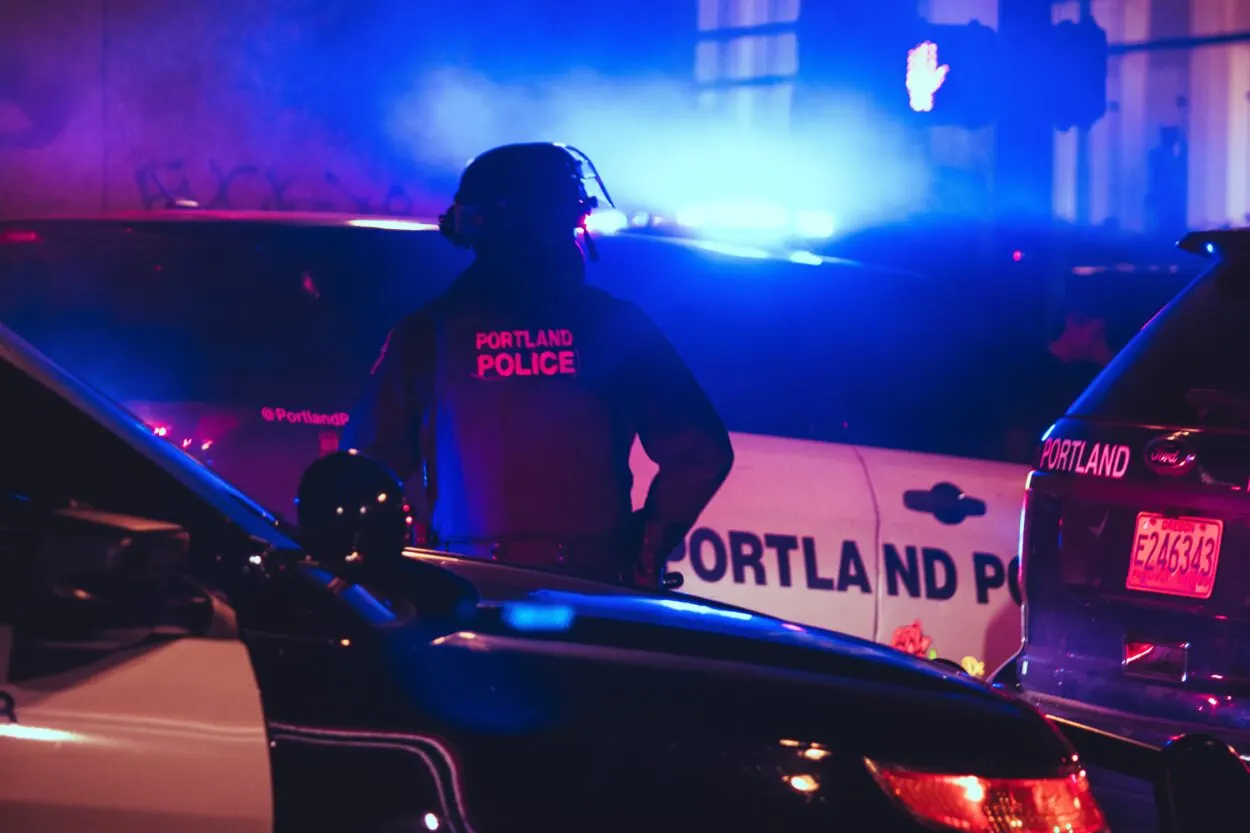
The responsibilities that a police officer has varied, and may also differ immensely from one political context to another. The typical responsibilities of a police officer are to keep the peace, enforce the law, protect the people and property, as well as investigate crimes. In addition, police officers have the power to arrest as well as detain. Magistrates give this authority.
Moreover, police officers are also expected to always respond to different kinds of situations that can take place while they are on duty. In several countries, rules and procedures dictate that a police officer must interfere in criminal incidents, even if they are off-duty.
In many Western legal systems, the major responsibilities of a police officer have been to maintain order, keep the peace by way of surveillance of the public, and report the suspects who have violated the law.
Furthermore, police officers are sometimes required for emergency service and will also provide a function that protects the public at large events, as well as disasters, road traffic collisions, and search and rescue. They also operate with fire and emergency medical services.
Countries like the UK have introduced a command procedure which is made for emergencies. Typically, a Bronze Commander will be a senior officer on the ground, who will be coordinating the efforts in an emergency. Silver Commander will function in an “Incident Control Room” which is established for the improvement of better communications during an emergency, and Gold Commander will be giving an overall command in the Control Room.
Can a peace officer give you a ticket?
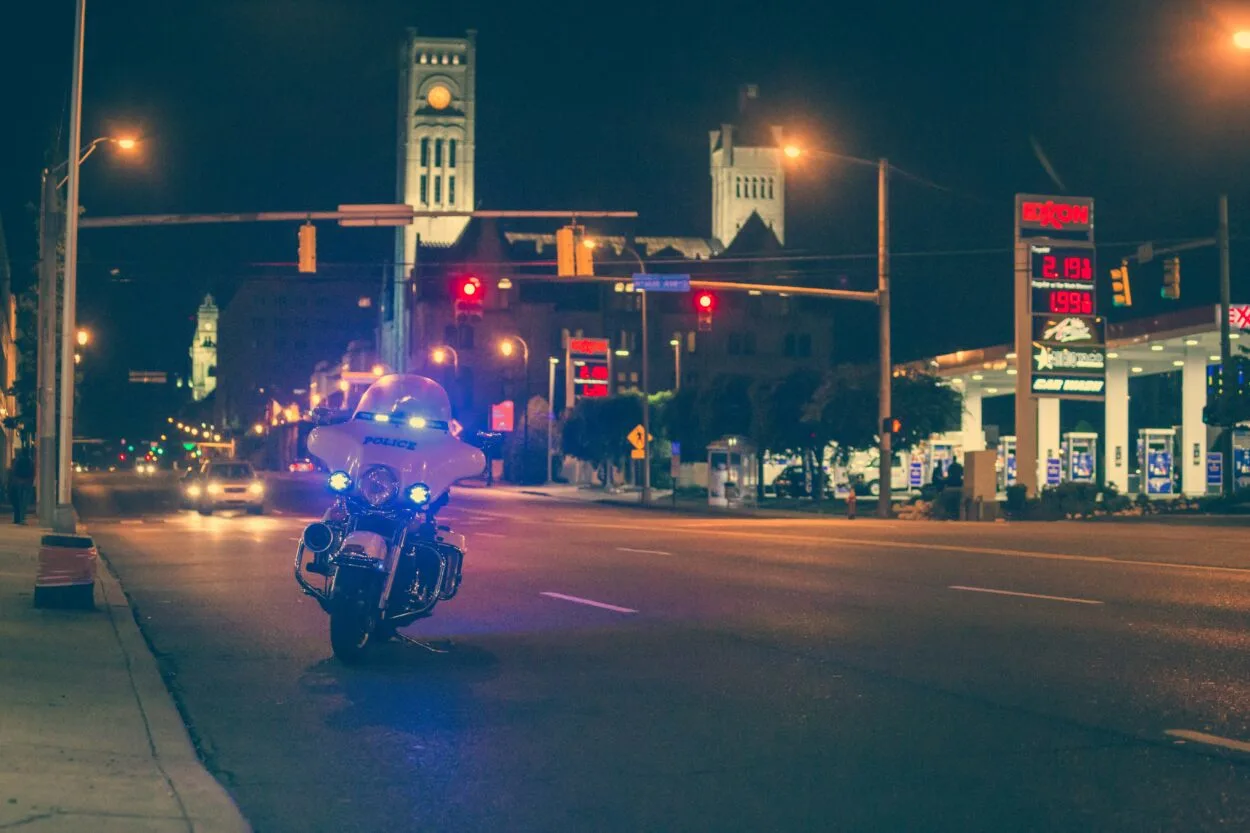
Yes, Community Peace Officers have the authority to write speeding tickets, as peace officers are responsible for maintaining peace in society.
The major responsibility of a peace officer is enforcing the law, and if anyone violates any law, peace officers have the authority to arrest or write a ticket for them.
Do peace officers have ranks?
A peace officer is an additional status that an employee is granted, and every member of the law enforcement forces can be a peace officer. This means that peace officers don’t have any ranks. However, police officers do.
8 major ranks of police officers will be discussed below. Therefore, keep reading.
What are the ranks of police officers?
Law enforcement is a career that also has ranks. First, it may be a police assistant, then a police officer. Eventually, you will get the title of police manager, and if you are lucky, someday you may also get the position of Chief of Police.
If you want to learn about the hierarchy of police ranks, you have come to the right place.
These law enforcement ranks may sound more like the military ranks, but if you are familiar with those ranks, then learning about police ranks will be a piece of cake for you. If not, then don’t worry, as we will be breaking down every police ranking structure and will probably talk about some of the attributes of each of these ranks.
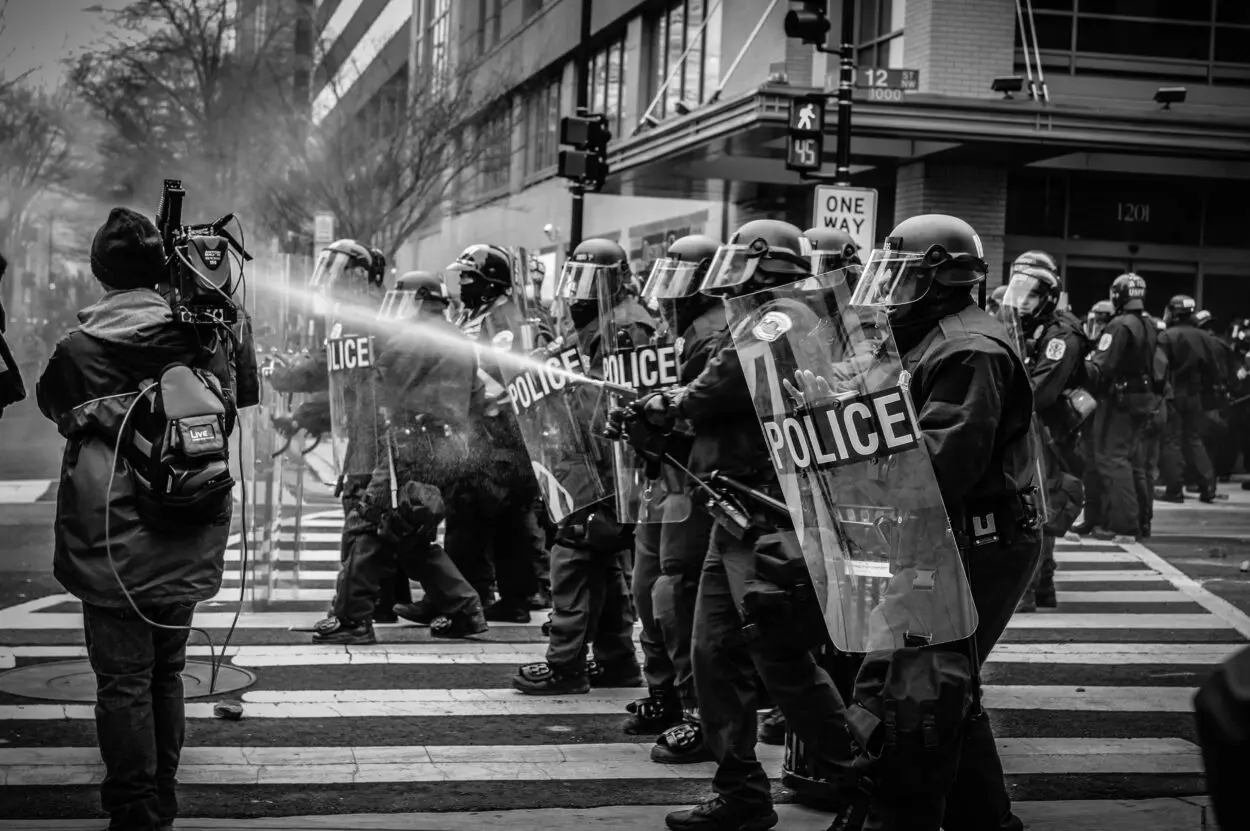
The following list has the police officer ranks which best align with a hierarchy that is commonly found in municipal police organizations:
- Police technician
- Police officer/patrol officer/police detective
- Police corporal
- Police sergeant
- Police lieutenant
- Police captain
- Deputy police chief
- Chief of police
Police technician
This entry-level rank has the responsibility of assisting the sworn personnel with the investigations of cases that are specifically assigned to them. They are also responsible for the enforcement of parking laws, issuing citations, and directing the traffic in accidents or crime scenes, as well as other innumerable duties which support the police department.
Police technicians prepare the paperwork that is required for the incident reports, and provide citizen assistance, maintain and organize the records as well.
Police technicians solely require a high school diploma or an equivalent educational background, moreover, there is no requirement for experience.
Police officer/patrol officer/police detective
This rank is well recognized. While these three ranks have different job descriptions, which depend on who is the employer, these three officers usually respond to emergency as well as non-emergency calls. They also patrol the assigned areas, get the warrants, and arrest the suspects, as well as testify in court.
Many officers and detectives are required to finish a training academy in their area. Moreover, a high school diploma to a Bachelor’s degree will be enough to be a police, patrol, or detective officer.
Police corporal
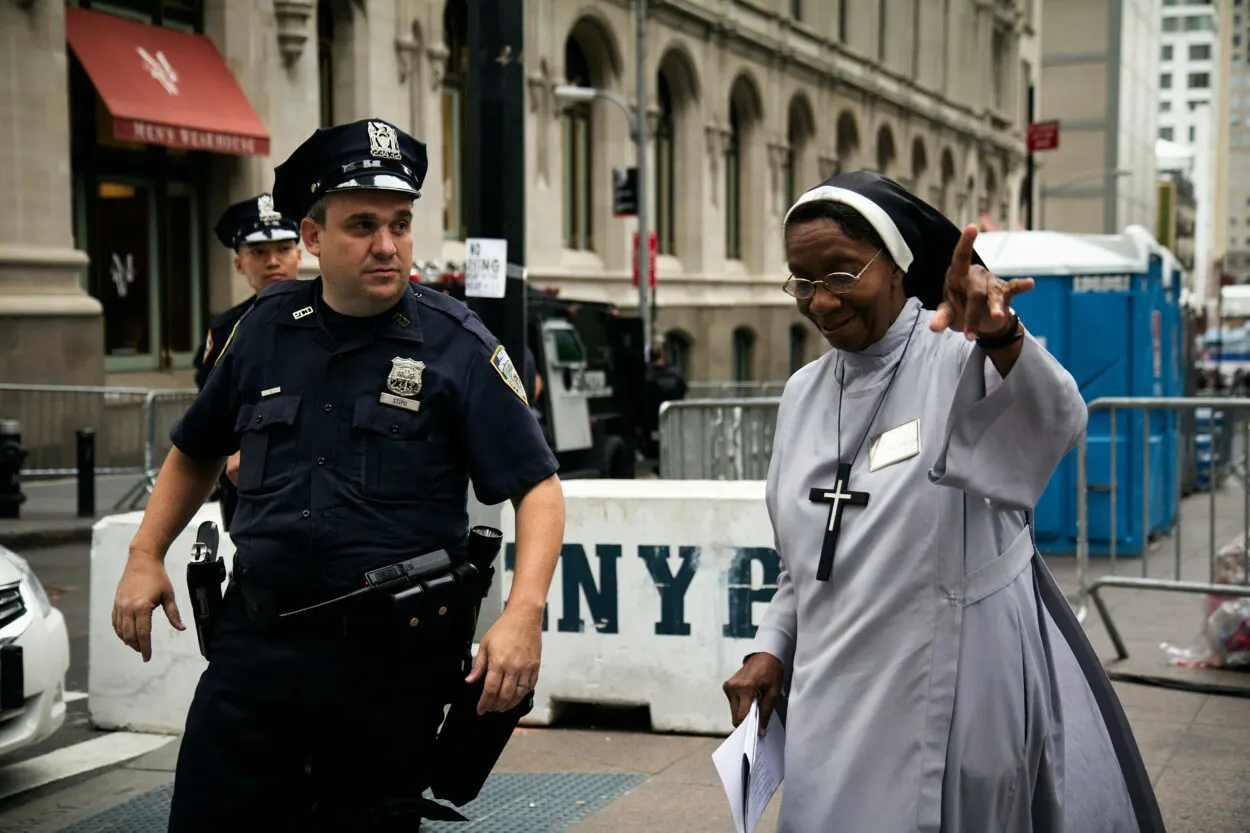
This rank is a common step. Police corporals usually function as supervisors and oversee the commanders who are in small agencies. However, this title can apply to the members who aren’t supervisors. Basically, this rank is the first in a supervisory position.
Officers who are promoted to this rank often show the qualities of a leader, which differentiates them from other officers.
Police sergeant
A police sergeant’s duties depend on how big of an employing agency it is. A sergeant is given the job to interpret as well as apply ordinances to a wide range of situations, they are also given the job to supervise and train personnel, assist in developing new policies, and function as a liaison between the upper management and the subordinates, as well as weigh in on disciplinary circumstances.
This position requires experience in law enforcement. You are expected to serve at least five years in the police department and also need to clear an exam before you are granted this position.
Police lieutenant
Police lieutenant is kind of like a middle-management role, they are supposed to take direction from their superiors and are required to turn that into a plan of action for the sergeants and the frontline officers and detectives as well.
Police lieutenants will select and assign staff and will ensure opportunities for hiring and promotion. They are also required to manage the work schedule in order to prioritize tasks for the employees.
Moreover, lieutenants have precinct duties, they are supposed to work with other agencies of law enforcement in the area and also function as ambassadors of the police department in situations like civic meetings and other community gatherings.
For this rank, you are required to have many years of experience, clear an examination, and have the skills of a leader.
Police captain
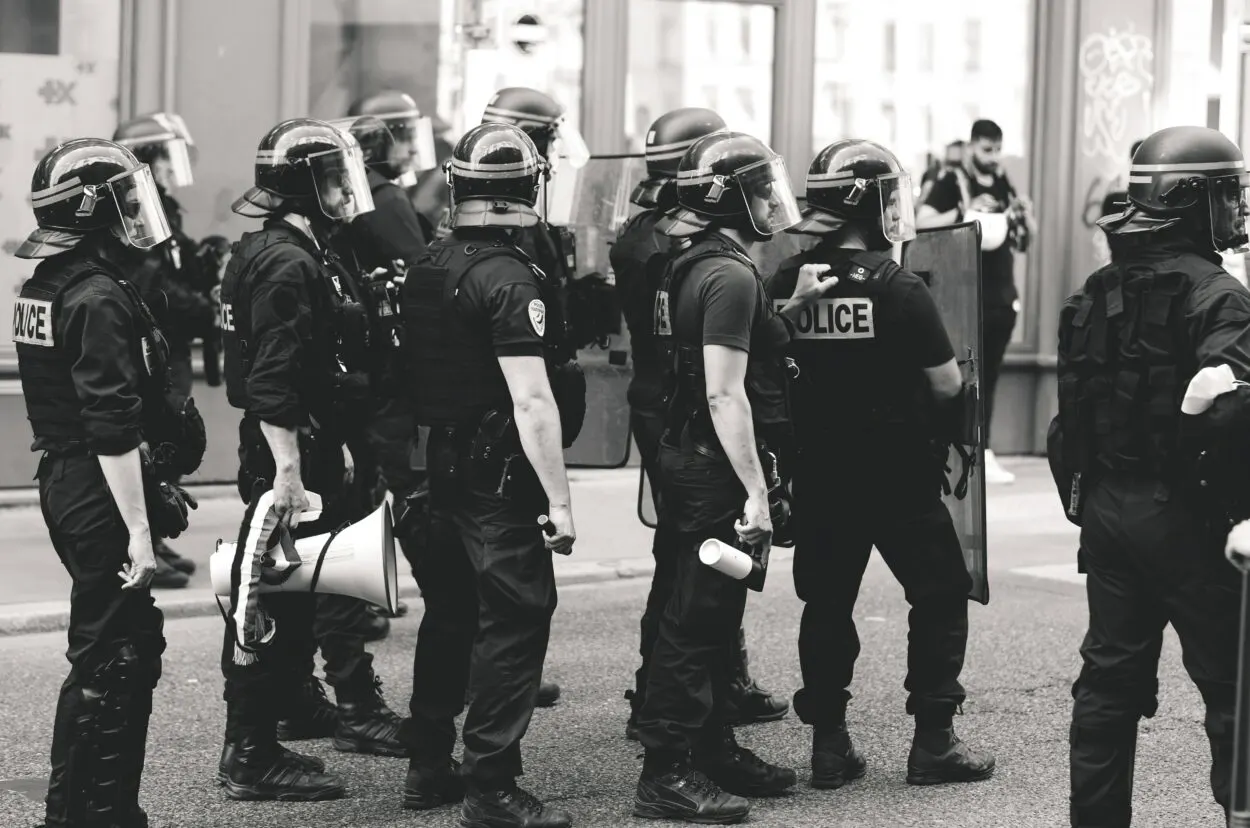
Police captains are supposed to report directly to the police chiefs, and in the case of big agencies, they will report to the deputy police chiefs. Captains are responsible for training personnel, preparing and monitoring programs and budgets, as well as enforcing department policies. Moreover, captains can also conduct research and prepare reports that are related to the crime.
You are required to have experience in supervisory roles, and you may also require a college degree. Other than that, you should have the ability to give orders and lead the group in emergencies.
Deputy police chief
Deputy police chiefs have the responsibility of effective administration of a bureau or a division of police as well as the technical staff personnel. They also design programs like crime prevention, manage the budget and make all the other choices that are related to the department’s resources. Furthermore, they also keep an eye on compliance issues and ensure that the department is up to date with current laws and regulations.
You may require years of service in the law enforcement management role and a Bachelor’s degree in Criminal Justice.
Chief of police
The chief of police is at the top of the police department, they are supposed to oversee the operations of the department and create procedures and programs in order to increase effectiveness and safety. They can also assign officers to investigations. They also work with mayors and the city government and review criminal cases to see if there are any patterns or not.
It’s expected from a chief of police to be highly educated, articulate, and slightly politically savvy as they are the ones that face criticism from the public leaders and local politicians, as well as activists, if things aren’t as they want.
Learn about the ranks from a member of law enforcement.
To Conclude
- Peace officers differ from police officers. The difference lies in their roles and affiliations in law enforcement.
- Both have arrest authority and can carry firearms. However, peace officers have broader responsibilities.
- Not all peace officers are police officers. However, Police officers can serve as peace officers.
- Peace officers, like police officers, have statewide jurisdiction despite their primary area.
- “Sworn” status involves being granted peace officer authority by state and local laws.
- Law enforcement spans various roles, such as prosecutors. Also the role of border patrol officers and sheriffs.
- Peace officers maintain public peace. They can also enforce laws. And they do this without carrying weapons.
- Police officers uphold peace and enforce laws. Also, they protect people and property. They handle diverse situations, often with wider duties than peace officers.

